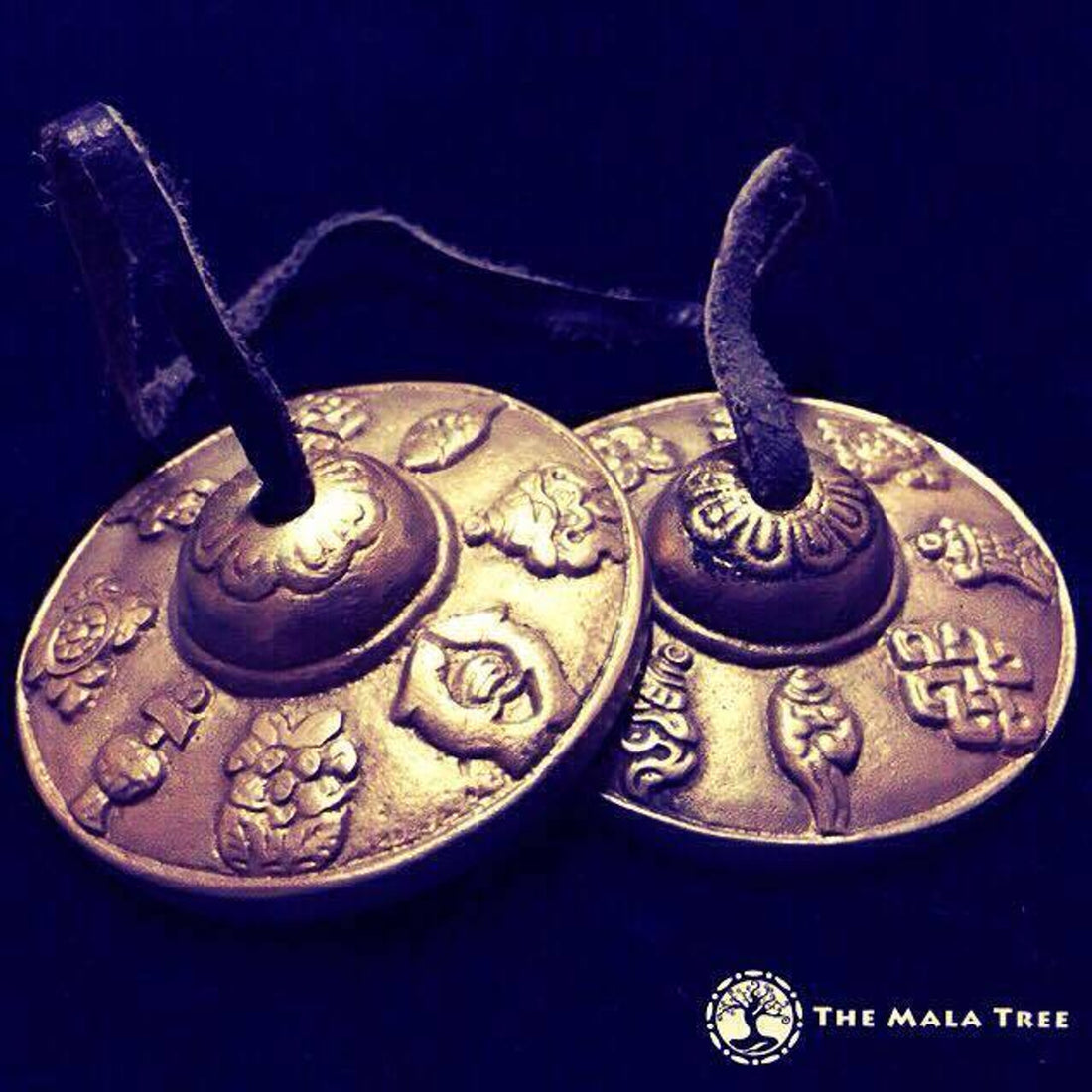Very sorry for having gone M.I.A but this blog is a juicy one!
Why is it important to connect with your ancestors?
Just as a painting holds the secrets of its artist, our ancestors hold the key to our own existence. They are the brushstrokes that have shaped our lives, the invisible threads that connect us to our past. By connecting with our ancestors, we can tap into a wellspring of wisdom, strength, and resilience that has been passed down through generations.
When we acknowledge and honor our ancestors, we acknowledge and honor ourselves. We recognize that we are part of a larger tapestry, woven together by the stories, experiences, and struggles of those who came before us. By connecting with our ancestors, we gain a deeper understanding of who we are and where we come from.
How can we connect with our ancestors?
Connecting with our ancestors is a deeply personal and spiritual journey. It requires us to open our hearts and minds to the whispers of the past. Here are a few ways to begin:
1. Explore your family history
Embark on a quest to uncover your family's history. Dive into genealogical records, old photographs, and family stories. Visit ancestral hometowns and walk in the footsteps of those who came before you. By piecing together the fragments of your family's past, you can gain a sense of connection and belonging.
2. Create an ancestral altar
An ancestral altar is a sacred space where you can honor and connect with your ancestors. Choose a special corner of your home and adorn it with photographs, mementos, and objects that represent your lineage. Light candles, burn incense, and offer prayers or intentions to your ancestors. This physical manifestation of your connection will serve as a focal point for your spiritual practice.
3. Engage in ancestral rituals
Rituals have been used throughout history to connect with the divine and the ancestral realm. Engage in rituals that resonate with you and your cultural heritage. This could be as simple as pouring a libation, reciting ancestral prayers, or participating in traditional ceremonies. By actively engaging in these rituals, you invite your ancestors into your life and create a bridge between the past and the present.
Breaking intergenerational curses
Intergenerational curses are patterns or behaviors that are passed down through generations, often without our conscious awareness. These curses can manifest as negative patterns in our lives, such as addiction, poverty, or unhealthy relationships. Breaking free from these patterns requires a deep understanding of their origins and a commitment to healing.
1. Acknowledge the curse
The first step in breaking an intergenerational curse is to acknowledge its existence. Take a fearless inventory of your life and identify any recurring patterns or behaviors that are not serving you. Recognize that these patterns may have been passed down through generations and are not a reflection of your worth or potential.
2. Seek healing
Healing is a transformative journey that requires courage and vulnerability. Seek out therapy, counseling, or support groups to help you navigate the emotional wounds that may be at the root of the intergenerational curse. Engage in practices such as meditation, journaling, or energy healing to release the negative energy and create space for healing and growth.
3. Rewrite your story
Breaking free from an intergenerational curse is an act of empowerment and self-determination. Take ownership of your life and consciously choose a different path. Surround yourself with positive influences, set healthy boundaries, and cultivate self-love and self-care. By rewriting your story, you create a new legacy for future generations.
Connecting with our ancestors and breaking intergenerational curses is a profound and transformative journey. It requires us to delve into the depths of our own souls and confront the shadows of the past. But in doing so, we unlock the power to shape our own destiny and create a brighter future for ourselves and those who will come after us.

